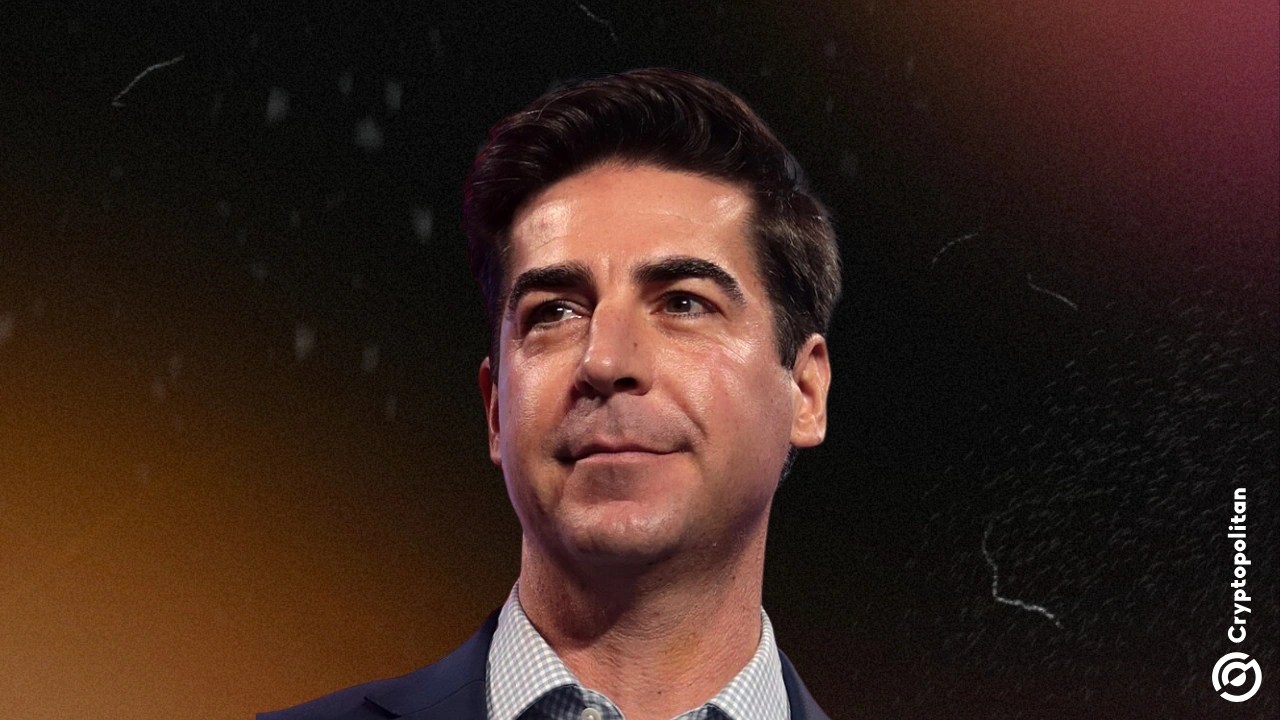In an era dominated by instantaneous information and deeply entrenched media narratives, the intellectual frameworks of prominent broadcasters often become subjects of intense public scrutiny. For figures like Jesse Watters, whose daily presence on national television shapes discussions and influences perceptions for millions, an exploration into the nature of his on-air intellect goes beyond simple curiosity; it offers insights into the mechanisms of modern political commentary and its impact on the collective consciousness. How does a personality like Watters craft his arguments, engage with complex topics, and maintain a consistent public persona, and what does this reveal about the strategic deployment of intellect in media?
Editor's Note: Published on October 26, 2023. This article explores the facts and social context surrounding "jesse watters iq understanding the mind behind the media personality".
Defining the Media Persona
Jesse Watters has cultivated a distinctive persona within the landscape of cable news, characterized by a blend of sharp commentary, often provocative questions, and an adversarial approach to certain political and cultural topics. His rise from segment producer to a solo primetime anchor at Fox News involved navigating various roles, each contributing to the development of a recognizable on-screen presence. Public perception of Watters's intellectual capacity is often polarized, reflecting the broader partisan divides within media consumption. Supporters frequently laud his ability to articulate conservative viewpoints with clarity and wit, praising his quick retorts and capacity to challenge opposing arguments. Conversely, critics sometimes characterize his approach as superficial or overly confrontational, suggesting a focus on rhetoric over substantive depth.
"Analyzing a media personality's intellect isn't about a raw score, but about their applied intelligence how effectively they process information, strategize their communication, and engage with their audience to achieve their objectives," noted Dr. Evelyn Reed, a communication studies expert. "In Watters's case, his consistency and longevity suggest a highly developed, albeit often controversial, form of communicative intelligence."
Rhetorical Strategies and Engagement Tactics
At the core of Watters's media presence lies a distinct set of rhetorical strategies. His programs frequently employ a direct, often confrontational questioning style, designed to elicit specific reactions or highlight perceived inconsistencies in the positions of his guests or political adversaries. This approach, which can be seen as a form of intellectual jousting, demands not only a quick wit but also an underlying understanding of the political landscape and the arguments he intends to dismantle or reinforce. He often utilizes humor and satire, which, while entertaining to his base, also serves as a critical tool for framing complex issues in an accessible, often oversimplified, manner. The effectiveness of these tactics lies in their ability to resonate with a particular demographic, fostering a sense of shared understanding and validating pre-existing viewpoints. His on-air delivery is usually fast-paced, demanding immediate processing of information and the ability to formulate responses or follow-up questions rapidly, indicative of a high level of mental agility in a live broadcast setting.

